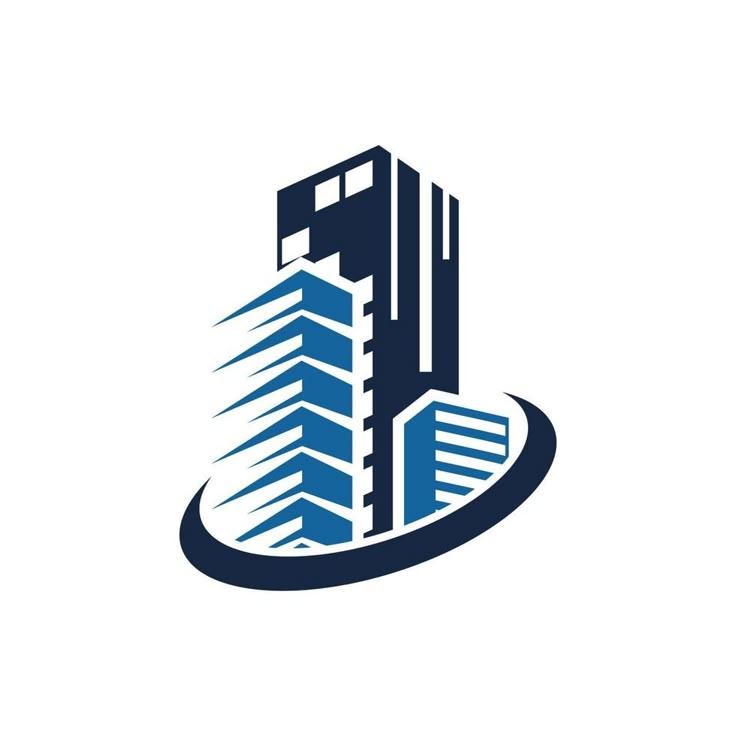Sponsored Advertisements
ASIAN TIGERS
Leave a Reply
New Discussions
-
Faith +lifestyle Learning skills

Oluwanifemi
10 mins ago00 -
konnect cash out Every 25th of a new month

Konnect Official
40 mins ago99 -
Earn in Dollars

King
54 mins ago00 -
The most expensive thing in this picture is not even the car.. oh God 💔

Mich Elle
54 mins ago00 -
My mind cut, cause I think say na me dem dey find 😂

Mich Elle
1 hr ago00













Skilfuljay03
81 days agoThis essay is a chronicle of the four Asian Tigers- Hong Kong, Singapore, South Korea and Taiwan-especially their transition from developing to developed economies. It examines the specific secrets of such socio-economic evolution under progressive political leaderships such as the case of South Korea under the inspiring leadership of Lee Kuan Yew.
A Study of the Economic History of the Asian Tigers
The four Asian Tigers – Hong Kong, Singapore, South Korea and Taiwan consistently maintained high levels of economic growth since the 1960s, fueled by exports and rapid industrialization, which enabled these economies to join the ranks of the world’s richest nations.
Hong Kong and Singapore are among the biggest financial centers worldwide, while South Korea and Taiwan are important hubs of global manufacturing in automobile/electronic components and information technology, respectively.
Common Characteristics of the Four Asian Tigers
The common characteristics of the four Asian Tigers include the following:
1. They focus on exports,
2. They have educated populace
3. They have high savings rates
Factors that Account for the Rapid Development of Tiger Economies
1. High public and private saving rates: Savings were high in both the public and the private sectors. The incentive to safe was very high and this enabled capital to be accumulated for massive investments in the high income generating sectors.
2. High life expectancy:This is made possible by adequate care of the people by government and this leads to high productivity.
3. Highly developed capital and money markets: They pursued stringent credit policies and state-imposed below-market interest rates for loans to specific export-led industries.
4. High level of information technology development:Their highly developed and breakthrough in information technology boosted their external trade and increased foreign exchange earnings which are used for further investment.
5. Purposeful, honest and articulate leadership:Their leaders were in their office to serve the interest of people and ensure that people enjoyed the good things of life.
6. Export-based industrial policies:They effectively pursue industrial policies which supported massive exports to the rich industrialized nations of Europe and America.
7. Effective and stringent public policies:. This consisted of credible macro-economic policies that kept inflation low, interest rates low, fiscal policies that focused on raising saving rates and investment rates, as well as policies that enhanced the development of infrastructure.
8. Knowledge-driven economy : The Asian Tiger governments were committed to improving research and development. The industries became knowledge driven industries and e.g. in Singapore, gradually 2 out of 3 jobs were for knowledgeable and skilled workers in manufacturing sector and 3 out of 4 of the export services sector.
For instance, the socio-political and economic history of Singapore can not be written without making reference to Lee Kuan Yew, the founding father of the country. It was under his long and impactful leadership that Singapore became an industrialized economy.
Lee Kuan Yew's contributions to the economic growth and development of Singapore over a 30-year period, transforming it from a third-world country to a first-world country, are significant and multifaceted. Here's a detailed overview of his key contributions:
1. Political Stability and Vision : Lee Kuan Yew served as the Prime Minister of Singapore from 1959 to 1990 and remained a dominant political figure even after stepping down. His strong leadership and long-term vision were crucial in steering Singapore's development.
2. Sound Economic Policies :
- Export-Oriented Growth : Lee Kuan Yew adopted an export-oriented growth strategy, focusing on manufacturing and exports. Singapore attracted foreign investments and promoted industries such as electronics and petrochemicals.
- Investment in Education : Recognizing that human capital was a critical resource, he invested heavily in education to create a skilled workforce that could drive economic growth.
3. Strategic Infrastructure Development :
- Port Facilities : Lee Kuan Yew recognized the importance of Singapore's strategic location for trade. He invested in modernizing and expanding the port facilities, making Singapore one of the world's busiest ports.
- Transportation : He developed a world-class transportation system, including an efficient public transit system and the construction of Changi Airport, which became a major aviation hub.
4. Pro-Business Environment :
- Low Corruption : Singapore maintained a low level of corruption, providing a transparent and predictable business environment.
- Robust Legal System : The country's legal system ensured the protection of property rights and the enforcement of contracts.
- Tax Policies : Attractive tax policies and incentives encouraged foreign investments and the establishment of multinational corporations.
5. Strategic Planning and Governance :
Long-Term Planning : Lee Kuan Yew emphasized long-term planning and was known for his pragmatism. The government's ability to adapt and change policies as needed was critical to Singapore's success.
Meritocracy : He promoted a meritocratic system in which talented individuals were selected for key government positions based on their abilities, rather than political connections.
6. Social Policies:
-Housing: The government implemented a comprehensive public housing program, providing affordable and high-quality housing for citizens.
Healthcare and Education : Universal healthcare and education were made accessible to all, ensuring a healthy and well-educated workforce.
7. Diplomatic Relationships :
- Lee Kuan Yew's adept diplomacy helped Singapore establish strong international relationships and trade partnerships, further boosting economic growth.
8. Innovation and Technology Adoption :
- He encouraged innovation and the adoption of advanced technologies, which contributed to Singapore's competitiveness on the global stage.
9. Environmental Sustainability :
- Despite rapid industrialization, Singapore prioritized environmental sustainability and implemented policies to reduce pollution and preserve green spaces.
10. Multiculturalism: Lee Kuan Yew promoted racial and religious harmony in Singapore, ensuring that social stability was not compromised, which was crucial for economic growth.
Over three decades, Lee Kuan Yew's leadership and policies transformed Singapore from a struggling third-world country into a prosperous and highly developed first-world nation. His legacy continues to shape Singapore's political, economic, and social landscape to this day.
Lessons for the Nigerian Economy
1. Focus on exports: Whereas other developing countries use import substitution strategies for economic development, the Asian tigers focused on export-oriented industrial development to richer countries. Domestic production was discouraged through government policies such as high tariffs also trading the surplus with the richer countries.
2. Human capital development: They developed specialized skills for their personnel in order to improve productivity through raising their educational standards.
They had an abundance of cheap labour. This is highly needed for economic development.
3. Existence of an adequately developed financial system: An adequately developed capital market would ensure adequate mobilization of capital for industrial and economic development.
4. Maintaining social and political stability together with a stable macroeconomic environment, maintenance of high tariffs on imports in the early days to discourage import and encourage export.
5. Leadership that is interested in the welfare of the citizens would motivate labour to work hard, thereby raising the level of productivity.
6. High saving rate will increase the rate of capital formation. This should be done by private institutions and government instead of spending prestigious non-productive project.
7. Development of export industries and promotion of certain basic industries that produce competitive goods for the world market.